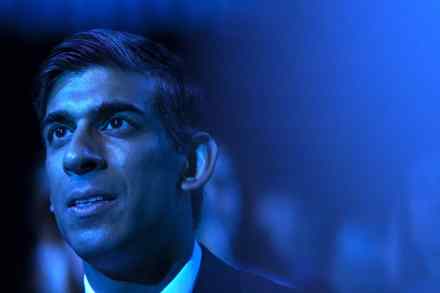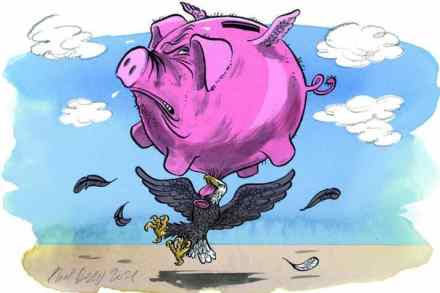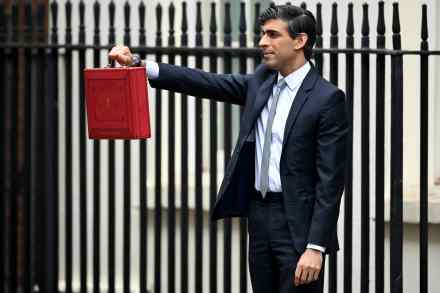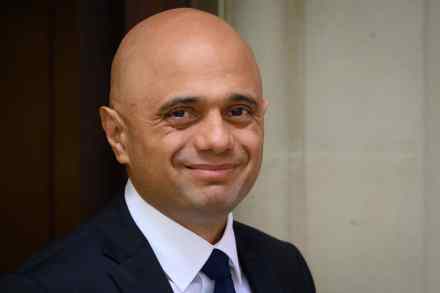The economic case for scrapping daylight saving
Twice a year, every year, the changing of the clocks debate begins. So is it time to finally drop daylight saving and stick to British Summer Time all year round? Boris Johnson thinks so: the future Prime Minister weighed in on the subject back in 2011, claiming BST would ‘expand the economy and cheer everyone up’. Boris is right on both points, not least on the economic case for ditching the old habit of changing the clocks. Dark winter evenings, made longer by daylight saving, make around half of Brits feel more depressed, according to one poll. Other surveys suggesting we’d exercise more were it lighter longer. Perhaps this point should be taken with a




















